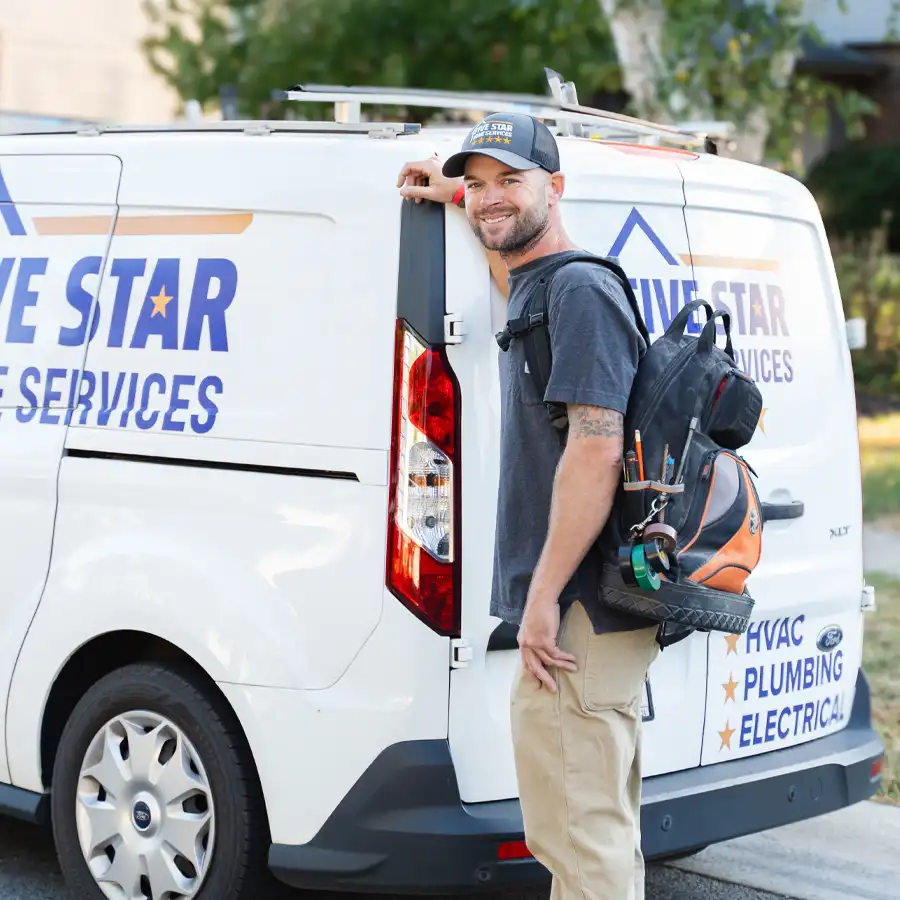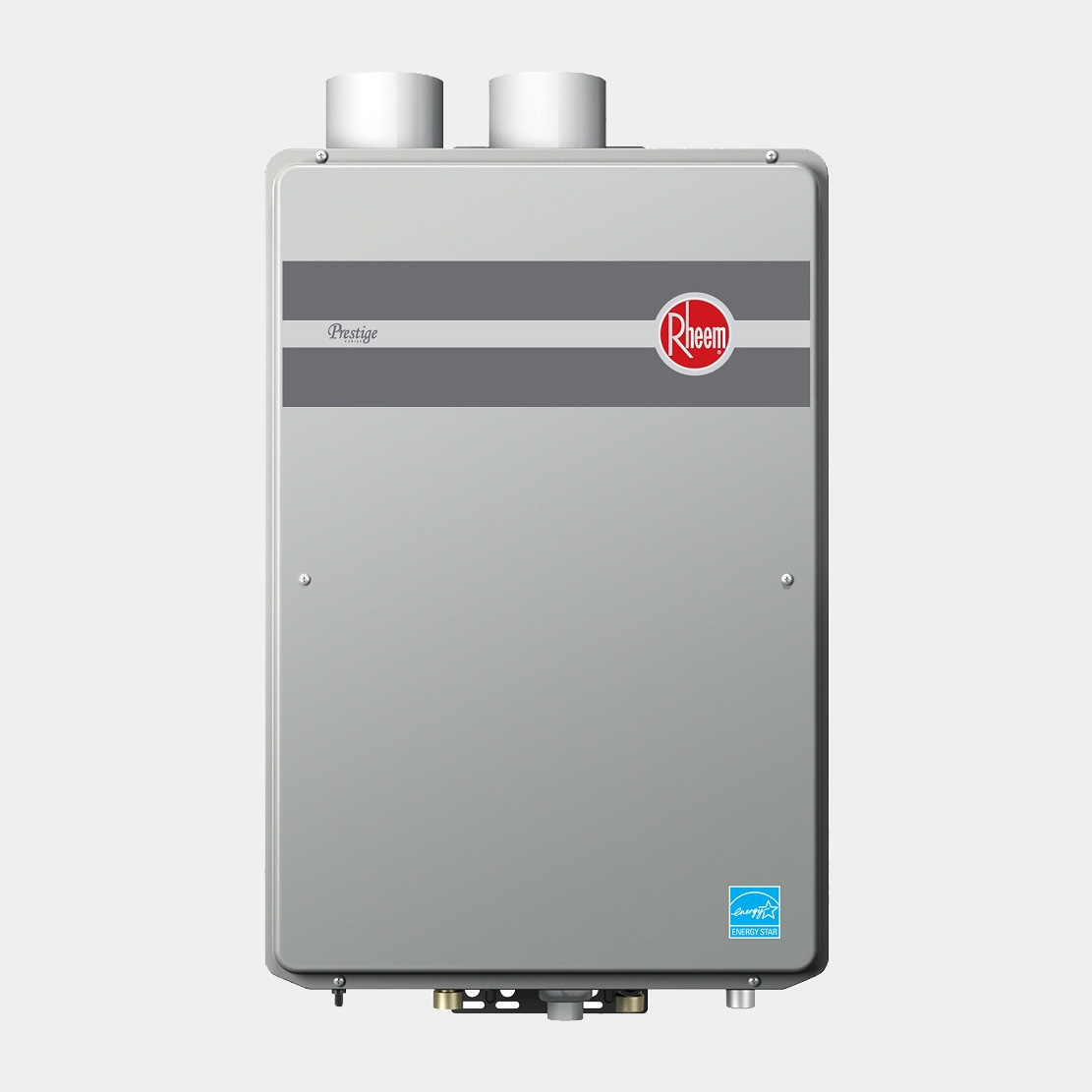
Tankless Water Heaters in Canal Winchester, OH
Tankless water heaters — also known as on-demand, instantaneous, continuous flow, inline, flash, or instant-on water heaters — are water heaters that heat water instantly while it flows through the unit, which takes up very little space. Aside from the little water in the heat exchanger coil, tankless water heaters don’t store any heated water internally. Because they save homeowners hundreds of dollars of year and don’t waste energy, which makes them environmentally friendly, tankless water heaters are becoming more and more popular in homes and commercial buildings today. Our on-demand, continuous flow water heaters work by heating water as it passes over the heating coils when the tap is turned on and you need warm water.
Are you thinking about upgrading to a tankless water heater? Does your tankless water heater need repaired? Call Canal Winchester Plumbing & Drain. We offer tankless water heater installation, tankless water heater repair, tankless water heater maintenance, and tankless water heater repair. In short, we offer all types of residential and commercial tankless water heater services.

Friendly Technicians
The men and women who wear our badge are friendly, respectful, and knowledgable.
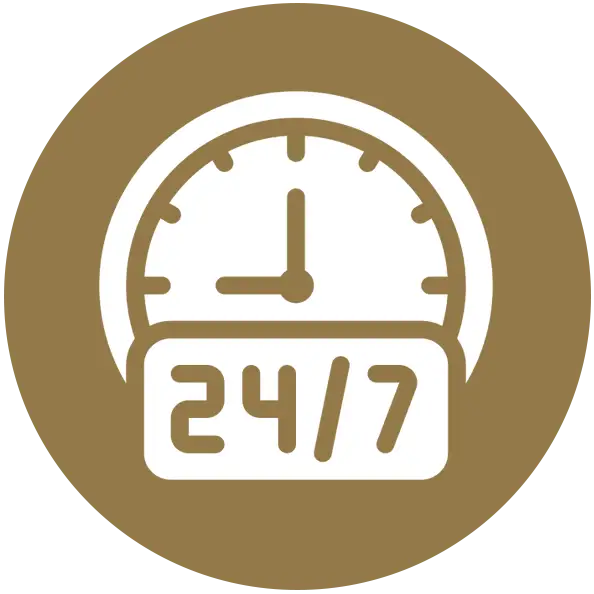
24/7 Emergency Services
We’re available around the clock, on weekends and holidays, with live phone support available after hours.

We're Licensed & Insured
We are licensed, insured, bonded, and qualified to work on gas lines and other dangerous equipment.
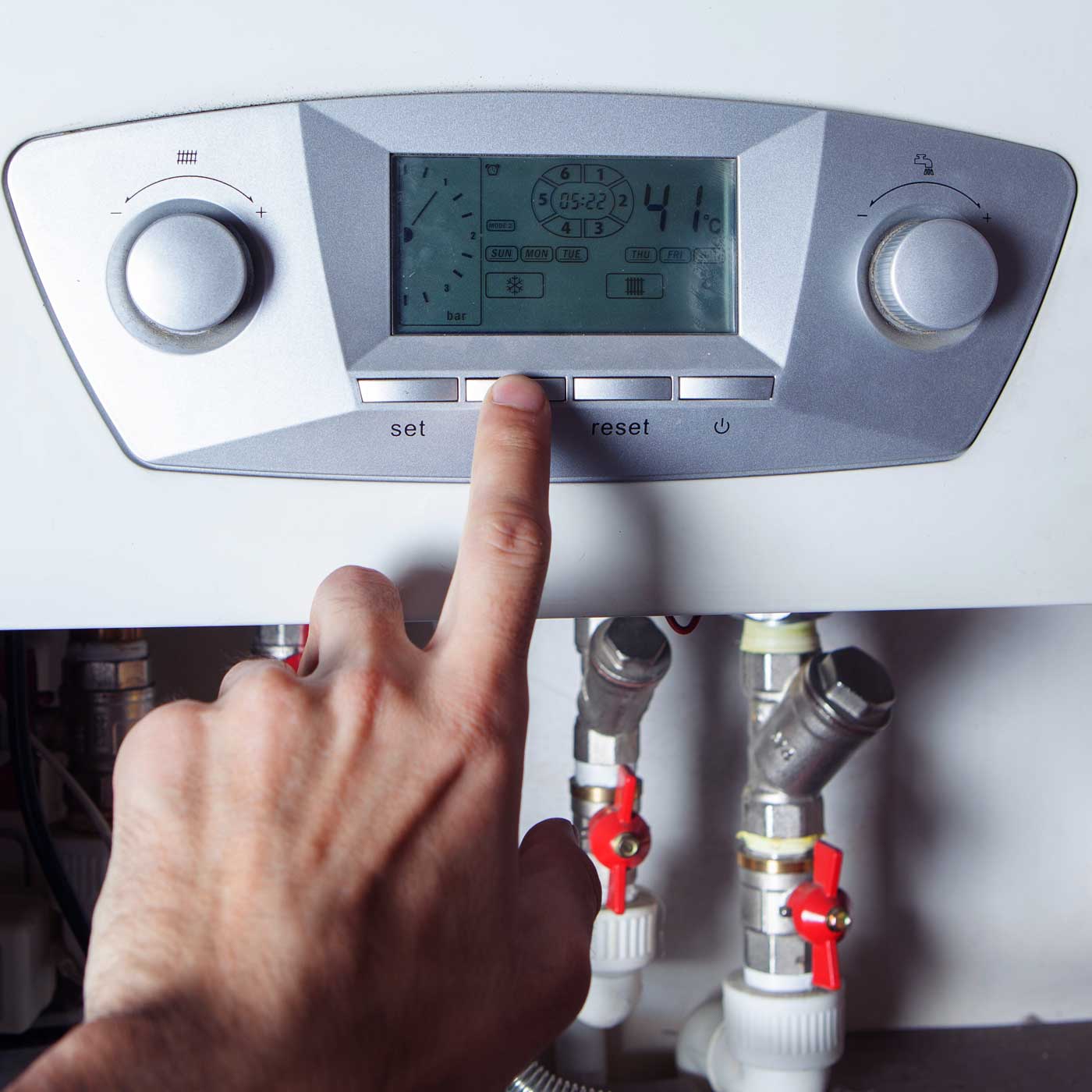
What is a Tankless Water Heater?
A tankless water heater is an energy-efficient way to heat water. They have a high-efficiency rating, are easy to install, and use less space than traditional storage tanks. The main advantage of tankless heaters is that they heat water on demand, not in advance, like traditional storage tanks do. This means you don’t have to wait for your hot water if there isn’t enough stored in the tank at any given time—the flow rate depends on how much you need! Tankless models generally come with a warranty ranging from 5 to 10 years, as well as options for installation outside or inside your home.
How does a tankless water heater work?
When you turn on the hot water tap, it activates the sensor, which initiates the flow of gas or electricity to the unit. The flow of water through the heating chamber activates the thermostat and the flame or heating element. When this happens, it heats up some metal coils in your tankless water heater. These coils then expand and contract very quickly to heat up your drinking water. This process repeats every time you use hot water from your faucet, so it’s always hot when it comes out!
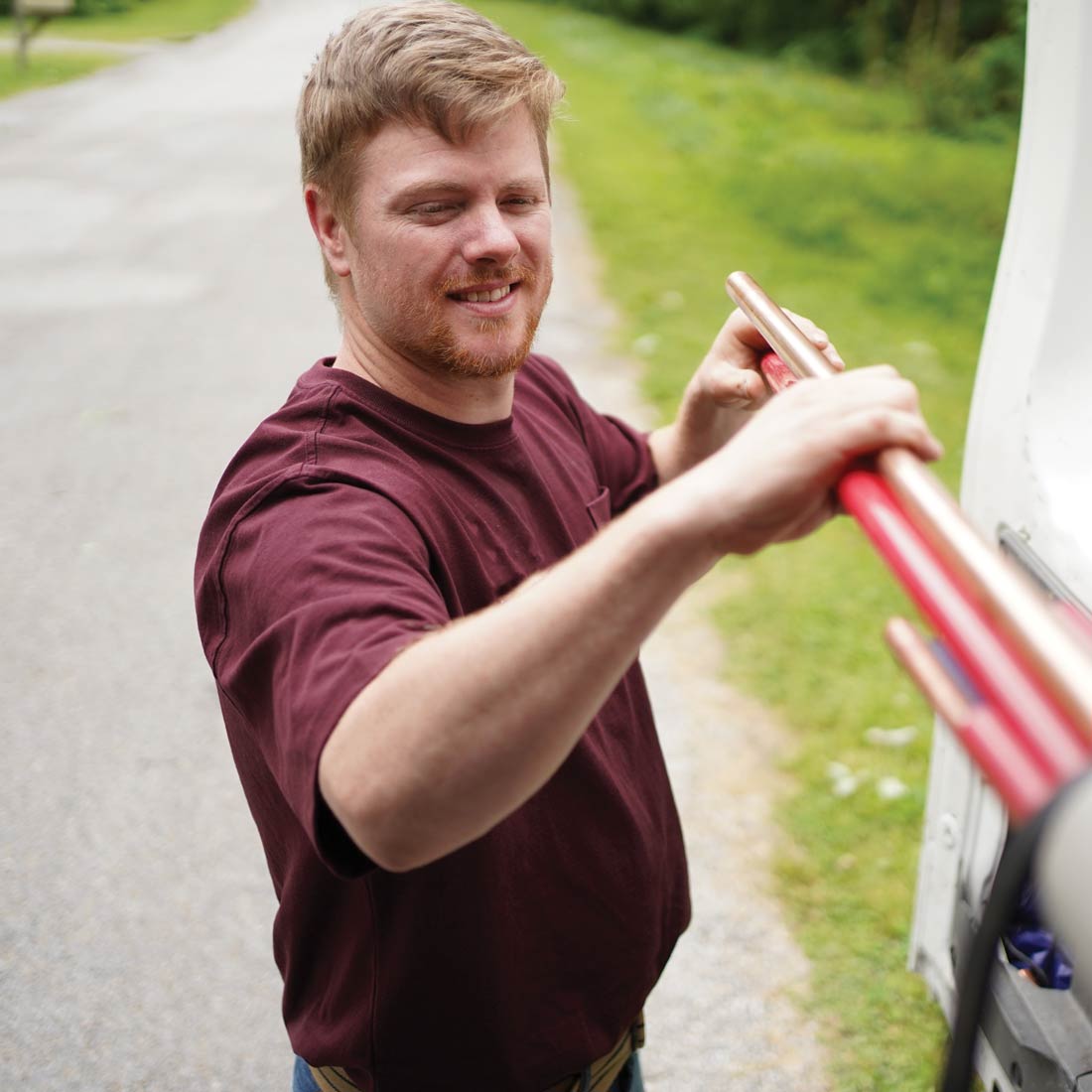
Licensed and Insured Plumbing Company for Canal Winchester, OH
You may be wondering what makes Canal Winchester Plumbing & Drain the best choice for your plumbing services. There are many things that go into making our company stand out from the rest, two of which are our licensed and insured status, as well as our certifications and state requirements.
We are licensed by the state of Ohio, meaning that we have been cleared by the state to offer these services legally. We have insurance that protects you if anything happens on-site while we're working with one another.
Our certifications ensure that all of our technicians have been properly trained so they can complete projects quickly without causing damage to any part of your property during installation or repairs!
How Does a Tankless Water Heater Save Money?
When you use a tankless water heater, you save money in several ways:
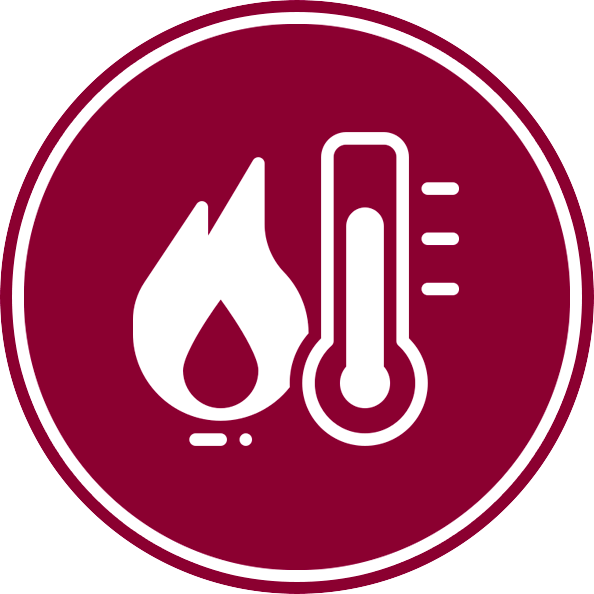
No Heat Loss From a Tank
If your home has a storage tank, the amount of hot water it holds is finite. The initial temperature of that water could be 100 degrees or more, but as time passes and you drain more hot water from the tank to use in your shower or sink faucet, it’s likely that the remaining cold water will have cooled down significantly before you need to use it again.
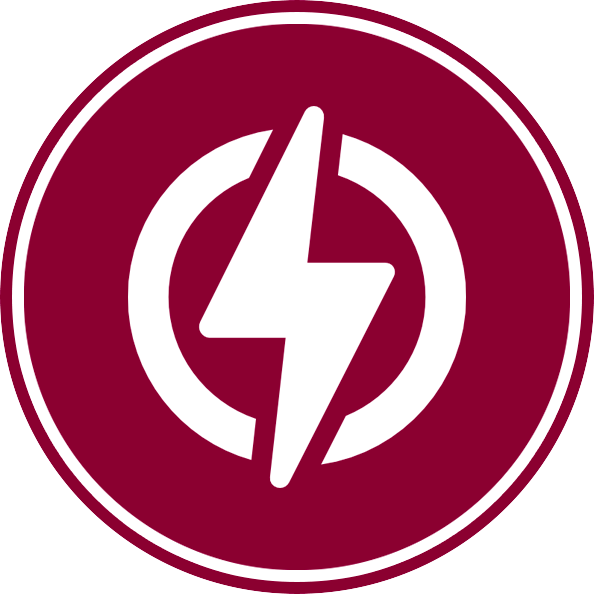
Energy Efficiency
In addition to wasting energy heating up this cooler water (and thus wasting energy), there’s also the additional cost incurred since heated water takes more energy than cold water does! With a tankless system, however, only as much heat as needed is produced; when no one needs hot tap water right now—or maybe not even for hours—there isn’t any wasted energy heating up anything unnecessary.

Greatly extended life span
Because they don’t contain any tanks filled with heated liquid (which necessitates expensive upkeep over time), these units last longer than traditional ones do—generally twenty years or more! This means fewer repairs overall and, therefore, fewer maintenance costs down the line for homeowners who choose this type of product rather than others similar on paper but actually inferior when it comes down to what matters most: actual performance under real-world conditions over long periods of time without fail
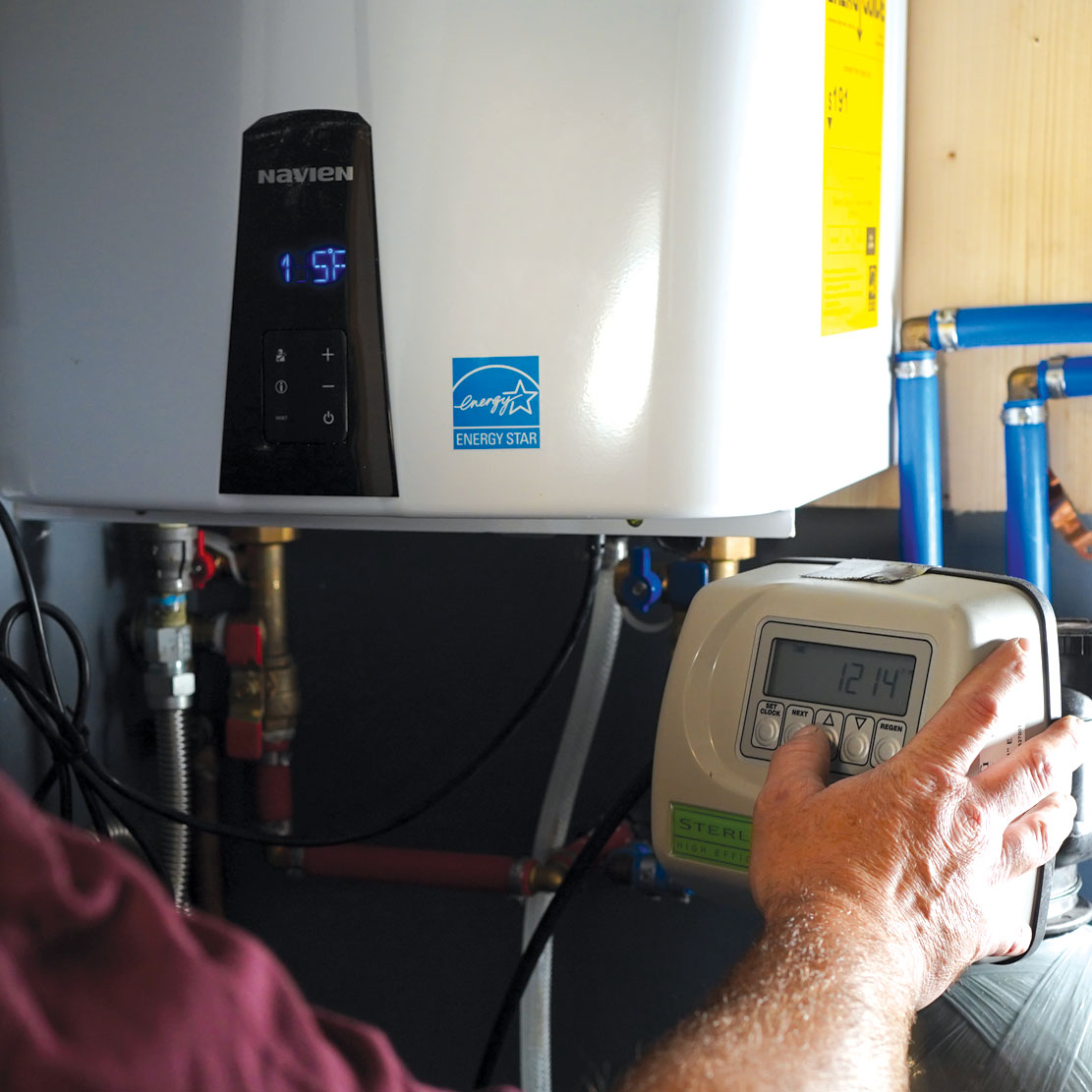
Frequently Asked Plumbing Inspection Questions
At Canal Winchester Plumbing & Drain, we’re dedicated to finding a solution for our customers so they can live in comfort. If you have any questions, give us a call at (614) 490-7531.
What size water heater do I need?
Traditional water heaters have long been considered the better choice for large homes. However, not all tank water heaters come in the same shape and size. If you have a large family – say four or more – you will want to install a water heater with a tank that can hold between 50 and 80 gallons of water at a time. On the other hand, if you live in a small home with only one other person, you will probably be better suited to a unit that holds 23-36 gallons. If you’re looking to install a tankless water heater, conversely, the size of the unit is less important than the system’s flow rate (another advantage of tankless water heaters is that they are always fairly small, and therefore relatively easy to access.) A tankless heater’s flow rate is measured in gallons per minute or GPM. The bigger your home is, the higher GPM your tankless system will need to have.
How long should a water heater last?
In a perfect world, our residential water heaters would last a lifetime; however, that isn’t the case in the real world. On average, a typical water heater should last anywhere from 6 to 13 years. Keep in mind that the longevity of your water heater depends on the care and maintenance performed. Our experts suggest having a scheduled annual draining and flushing.
Why don't I have hot water?
Before troubleshooting a gas water heater, check if the gas is adequately supplied to your house and your water heater; there might be obstructions, shortage, or the main gas valve is closed. If hot water suddenly becomes cold, the water usage might have exceeded the tank capacity. If that is the case, wait for the water heater to recover. Call us right away!
Schedule Tankless Water Heater Services Now!
Are you ready to schedule your tankless water heater repair, maintenance or installation services for your Canal Winchester area home? Contact your friends here at Canal Winchester Plumbing & Drain today to schedule an appointment or to learn more about our services. We look forward to serving you!
24/7 Emergency Plumbing Service in Canal Winchester, OH
Our plumbers are available 24 hours a day, 7 days a week to help you with any plumbing issues you may have. We provide fast response times and we can handle any job no matter how big or small it is. We can help you with minor issues like a clogged drain or a broken faucet, or we can help with major issues like a broken water heater.
If you're not 100% happy with our services, we promise to make things right! That's why we offer a 100% satisfaction guarantee.
You can count on our professional plumbers not only for emergency services but for preventative maintenance as well. Annual inspections can help prevent many issues from occurring in the first place. Our plumbing experts will identify problems before they start. Give us a call today and avoid the stress of plumbing problems tomorrow.
